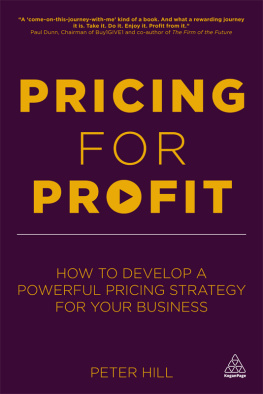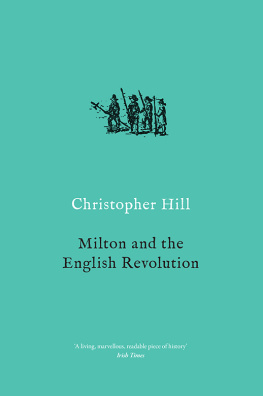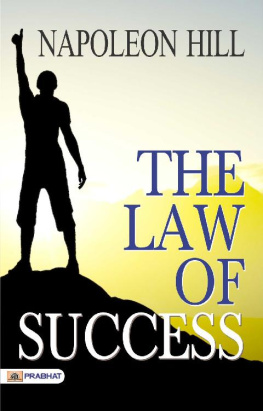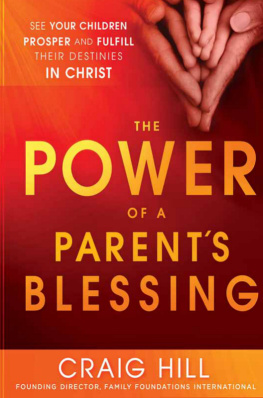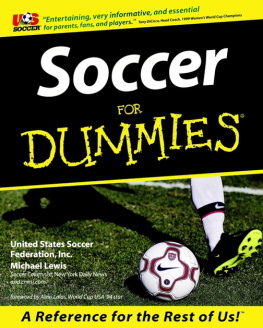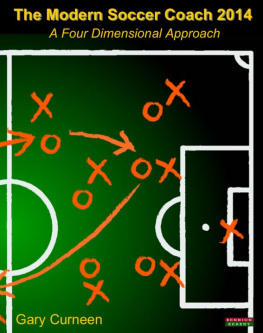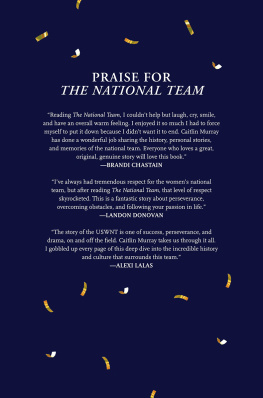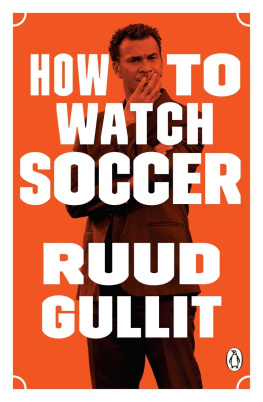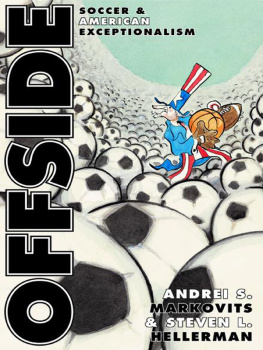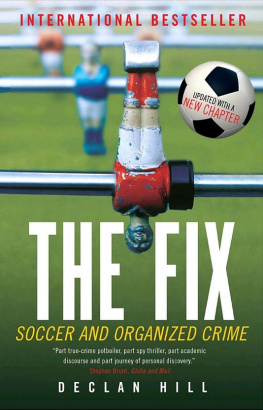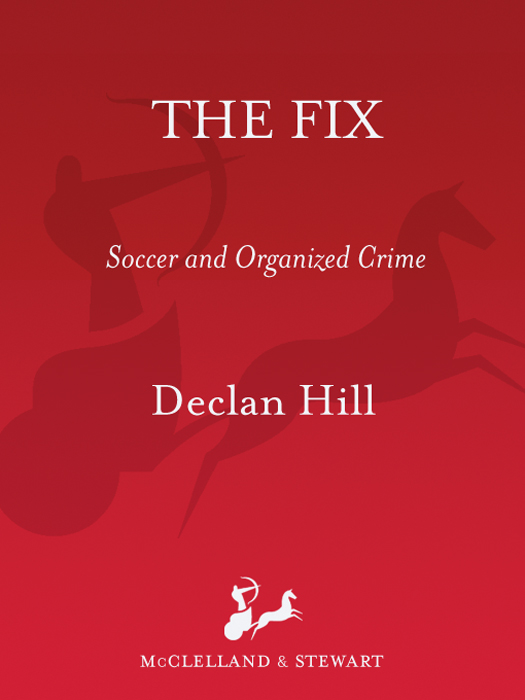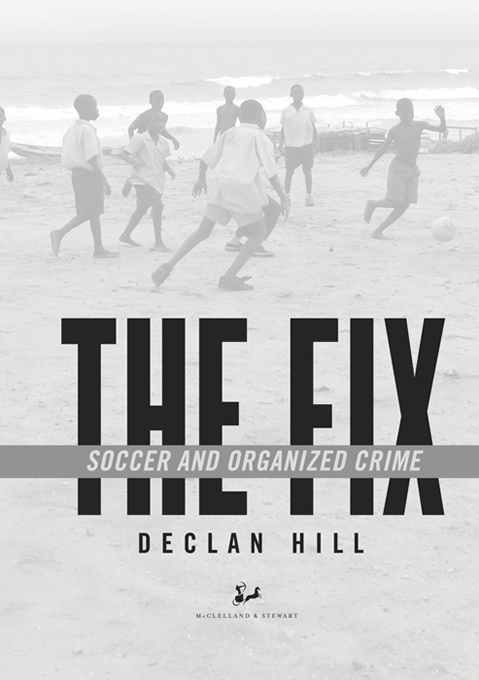The cultural gap between Europe and North America is never bigger than when discussing the worlds most popular sport. To Europeans, the sport is football and there is no other possible word. To North Americans, football is what men with shoulder pads, tight pants, and helmets play and the other sport is called soccer. In this book, I have tried to be consistent and call the sport soccer wherever possible. However, there are certain proper names European Football Associations, FIFA, UEFA, etc. where the word football is necessary. I have also not changed the interview excerpts: if a person used football or soccer I have kept the original usages. I have included certain words that are part of the universal language and lore of soccer. Most North Americans play soccer games or matches on either a field or a pitch. I hope the reader will understand when I use both.
PREFACE TO THE PAPERBACK EDITION
This story is about the battle between good and evil that is at the heart of international soccer.
Emmanuel Petit, World Cupwinning French midfielder.
It begins with a murder. Actually, it begins with two gruesome, bloody murders. On August 9, 2008, in the northern English town of Newcastle, the bodies of Kevin Zhen Xing Yang, a good-looking, friendly Chinese graduate student, and his girlfriend, Cici Xi Zhou, were discovered in a small flat near the city centre. Yang and Zhou had not simply been killed but tortured for hours before their deaths: his throat was slashed, her head smashed in three places. The police were mystified. The couple seemed to be popular. They had lots of friends and no apparent enemies. The case seemed unsolvable, until the police discovered Yangs real career. He was not, as he had told immigration authorities, a graduate student, but part of an international gambling ring. Yangs job was to organize other young Chinese living in the UK to monitor British soccer games for the multibillion-dollar illegal Asian gambling market. They would go to the stadiums, watch the games, and provide live commentary on their mobile phones back to Asia. It was a clear, simple and very well-rewarded task, but somewhere, some how, Yang decided to betray his employers.
When the mob decides to kill, what they do with their victims bodies sends a clear signal to the rest of the world. Most people disappear, ending up in anonymous cement holes or piles of acid-made dust dumped into a harbour. But for traitors and betrayers there must be a public demonstration of the power of the mob. Yang and Zhou got made into a message. Their mutilated bodies were symbols of what happens to those who betray a powerful, criminal industry.
English police caught a man who had been at the house. He had blood on his clothes and Yangs watch and computer. His defense was that he was simply renting a room in their apartment. He had been forced to open the door to the murderers and was tied up, terrified, in the bathroom while the torture and murders were going on. Despite this story, he was convicted and sentenced to thirty-three years in jail, but no one, not the police, not the judge, not the victims families thought he was the brains behind the killings nor that he had acted alone. The judge said at the trial that he thought the defendant was too frightened to reveal who the other killers had been. To announce this finding, the English police held a public press conference. It was largely ignored in their own country and in the rest of Europe. However, it was broadcast live to China. There, an estimated five hundred million people tuned in to watch the event, or five times the number who watched the 2008 Super Bowl.
Kevin Yang, Cici Zhou, and their murderers are part of an international revolution. A global phenomenon of gambling and match-fixing that is transforming societies and destroying sports around the world. Many of the leagues in Asia, where it started, and Eastern Europe, have effectively collapsed because of this corruption. Now, the fixers are coming to Western Europe and North America and they are fixing hundreds of games.
A reader might be thinking, Say what!? A multi-billion-dollar illegal gambling market? Five hundred million people watching what? Hundreds of fixed matches? This is too much! I would not blame you if you did think that. When I began my research seven years ago, I knew little of this industry or its power. I was extraordinarily skeptical. This book is a record of what I discovered. It will explain to you how the industry functions and why the fixers have been so successful. You will read about hundreds of fixed matches in dozens of different countries around the world. You will read about pistol whippings, kidnappings, and murders. You will read about the good men who have tried to fight against this tide of corruption and how they have often been marginalized, sacked, imprisoned, or killed.
In short, you will read about the two greatest scandals in world sports today. You will read that there is a gang of fixers linked to organized criminals who have fixed some matches at the biggest sports tournaments in the world.
There has been a major European police investigation motivated, in part, by the first edition of The Fix and the controversy generated by the book. The investigation was launched by the organized crime team of the Federal Police in Bochum, Germany. The detectives listened to thousands of hours of covertly recorded telephone conversations. They placed dozens of people under surveillance and worked around the clock to try to uncover the true extent of the fixing network. After more than a year of this work, at exactly 6:24 a.m., on a cold November morning in 2009, hundreds of policemen across Europe moved in and arrested dozens of suspects. Over the next few days, they announced the preliminary findings of their work: two hundred suspicious matches across nine countries, and one hundred different players, referees, coaches, league officials, and gangsters were suspected of being involved. Over the ensuing weeks, the number of suspicious games and players involved climbed. It was a new type of globalized corruption that stretched across countries and continents: a fixer living in Germany, allegedly controlling players living in Switzerland, Turkey or Greece, defrauding the illegal gambling markets in Hong Kong and Malaysia with the help of assistants in London and Holland.


